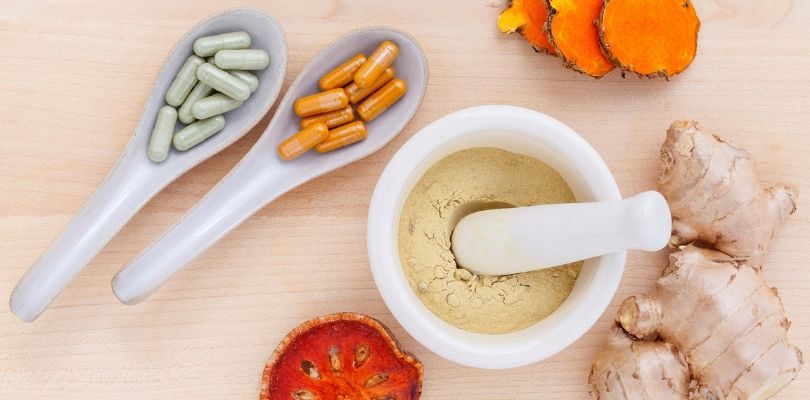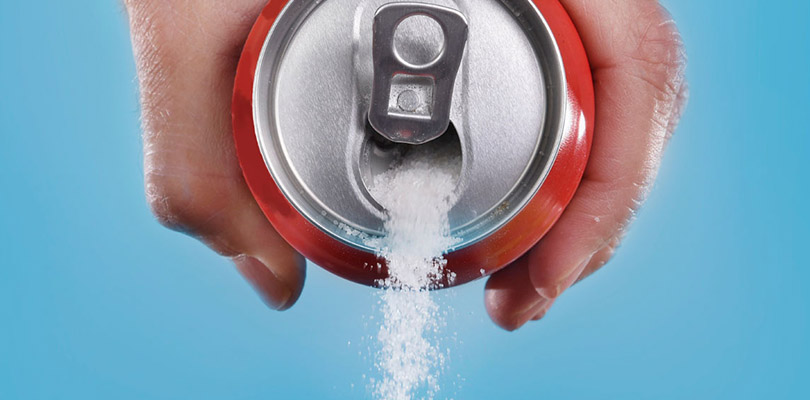ADHD Natural Medication Options
With over six million children diagnosed with ADHD as of 2016, it is the most common mental disorder in America. ADHD also has a prevalence rate of 5%, making it the most common mental disorder worldwide as well. This article discusses ADHD natural medication. It can be treated naturally with healthy eating, herbs and nutritional supplements.
Foods to Avoid With ADHD
There is an ongoing debate as to whether food and diet are important in treating ADHD. If you eat junk food and do not take care of your health, your ADHD is more likely to get worse instead of better.
Common ingredients and foods believed to worsen ADHD symptoms are:
- Added sugars
- Dairy products
- Junk foods
- Food additives
- Preservatives
- Caffeine
Caffeine is a stimulant, similar to the type found in most ADHD prescription medications. People without ADHD drink coffee to wake up, start their day and get work done. For someone with ADHD, caffeine does that and so much more.
Due to the random amount of caffeine in beverages, it is not recommended to self-medicate using highly caffeinated beverages, like coffee and pop. With prescription medications, dosages are already measured for you and therefore are easy to track.
Prescription Treatment vs Natural Treatment
Although prescription medications have been proven as an effective way to treat ADHD, common side effects include:
- Heart problems
- Insomnia
- Headaches
- Decreased appetite
The long-term effects and safety of ADHD medication are being questioned. Research on safer, natural medication for ADHD has become more prevalent.
Several surveys show that almost half of all people with ADHD or parents of someone with ADHD use natural sources alone or in addition to prescription medication to treat ADHD. However, ADHD is unique in every individual since it is a mental disorder people are born with, rather than something generic, like the flu. For this reason, not every natural source is suitable for every case of ADHD.
In comparison, prescription medication is effective in treating ADHD in about 70% of people. For the other roughly 30%, some must switch ADHD prescription medications to find one that works. Some also stop using them completely due to the side effects outweighing benefits. That’s where natural sources come in.
Natural Sources Used to Treat ADHD
There are five natural sources used to treat ADHD. These include:
- Herbs and plants
- Nutritional supplements
- Vitamins
- Essential fatty acids
- Amino acids
The best jobs for people with ADHD involves at least one of the following elements: creativity, interest, urgency, and rewarding challenges.
Herbs as a Natural Medication for ADHD Treatment
There is significantly more evidence available for the effectiveness of herbs and nutritional supplements than the other natural sources listed. Therefore, this analysis will focus on those two natural sources. Any sources mentioned are still being studied to confirm any findings presented in this article.
Ningdong
Ningdong is a traditional Chinese medicine used for various medicinal purposes. Ningdong is suspected to be of use in treating Tourette’s Syndrome. Interestingly, 86% of people with Tourette's have a coexisting disorder such as ADHD, OCD, or bipolarism.
A study of 72 children with ADHD showed that Ningdong was just as effective as methylphenidate, but with less side effects. Methylphenidate is a chemical that is primarily marketed under the brand name Ritalin. Ritalin is an ADHD stimulant prescription medication. The study proves that Ningdong, a natural medication, can be more effective than prescription medication. Compared to other natural medications, Ningdong appears to be the most credible for treating ADHD.
Pycnogenol
Pycnogenol is the trademarked name for an herb derived from maritime pine trees grown in southwest France. It contains 70% procyanidin, a strong antioxidant. Antioxidants are molecules that prevent oxidation, a process that creates free radicals. Free radicals are unstable atoms that can damage cells.
A study of 61 children found that Pycnogenol improved ADHD symptoms. Only mild side effects (constipation and minor stomach aches) were reported. It’s suspected that Pycnogenol improves symptoms by increasing nitric oxide production. Nitric oxide is a gas that helps regulate dopamine. Dopamine itself is a chemical that either improves or worsens ADHD symptoms, depending on how much is present in the brain.
Valerian
Valerian has been used as medicine for thousands of years to help people sleep better. In a 2012 study, its effectiveness for treating ADHD was tested. A study of 30 children found that regular doses of Valerian improved ADHD symptoms over two weeks. Due to the wide range of chemicals present in Valerian, it is unclear what might make it effective for treating insomnia or ADHD.
Nutritional Supplements for ADHD
Now that we have talked about natural herbs and medication, we are going to move onto supplements. These include vitamins and minerals that will help ADHD symptoms.
Zinc
Zinc is an essential nutrient that your body needs to be healthy, yet your body cannot produce it on its own. In a placebo-controlled study, 400 children were given zinc as a supplement. The study found that zinc was more effective than the placebo at decreasing ADHD symptoms. The decreased symptoms include hyperactivity, impulsivity and improving socialization, but not inattention. Based on their findings, the researchers claim that a deficiency in zinc can worsen ADHD symptoms.
Iron
Iron is Earth’s most common element, making up much of the Earth’s outer and inner core. In a placebo-controlled study, 23 children were given iron as a supplement. Their hyperactivity, impulsiveness and inattentive ADHD symptoms improved greatly. The researchers believe iron’s effectiveness is similar to that of stimulant medication. Like zinc, a deficiency in iron may worsen ADHD symptoms.
Final Thoughts
Compared to prescription medication, natural treatments take a more holistic approach. Your best bet might be to combine natural sources with prescription medication to treat ADHD. Always talk to an ADHD specialist before changing your treatment or starting a new treatment.







